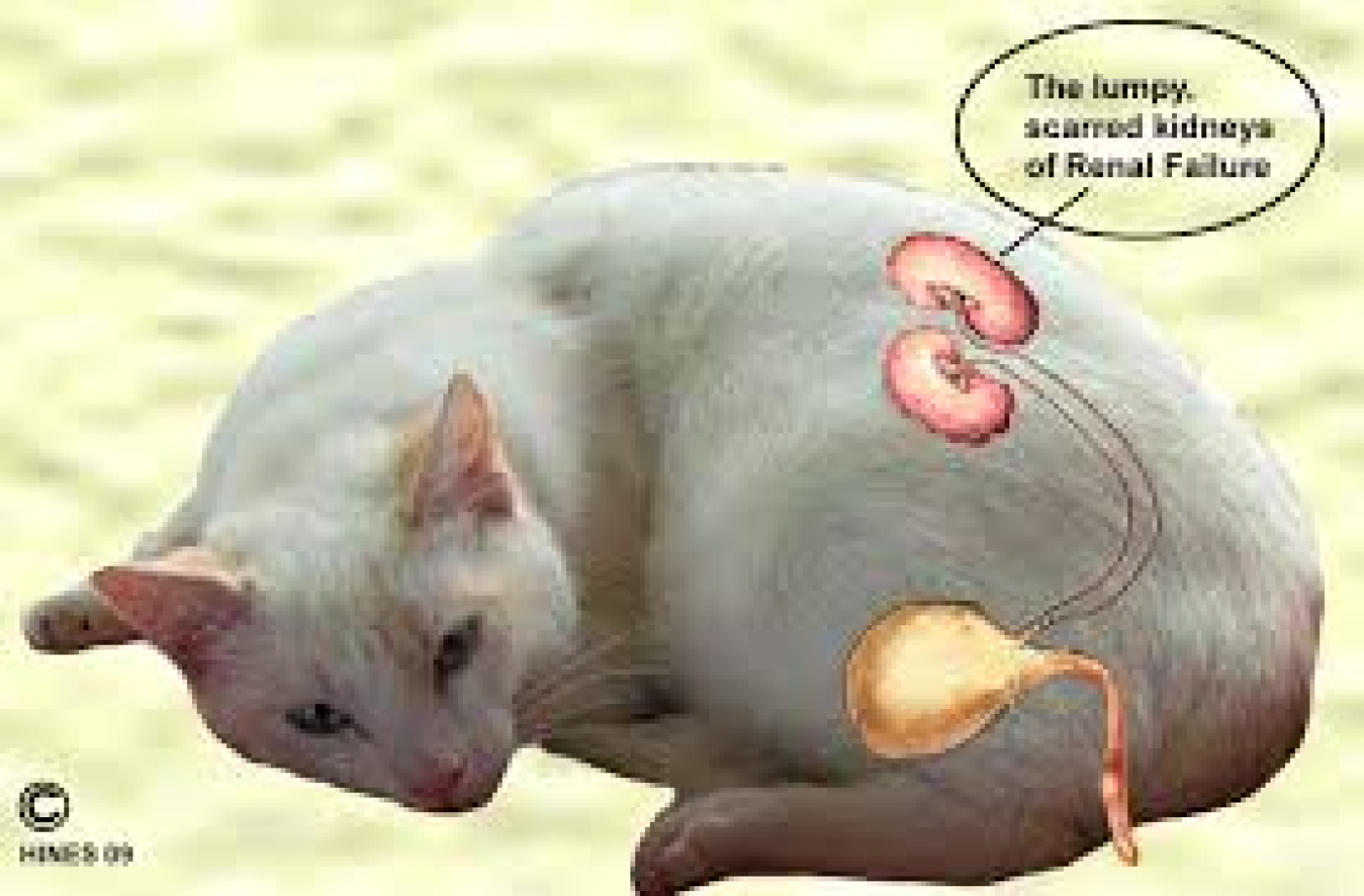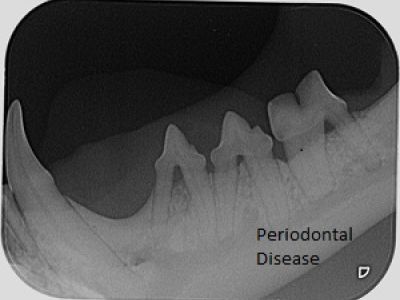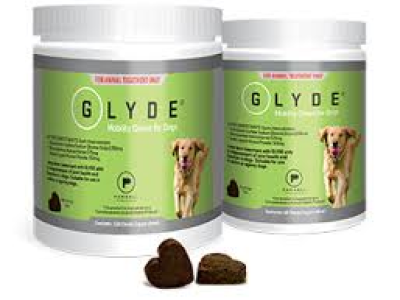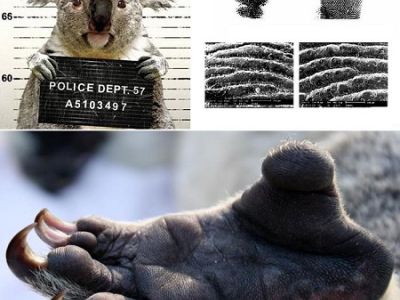Nephron

Nephron is a Greek word meaning "kidney" The nephron is the basic structural and functional unit of the kidney. Its chief function is to regulate the concentration of water and soluble substances, by filtering the blood, reabsorbing what is needed and excreting the rest as urine. This word is commonly used when discussing Feline Chronic Kidney Disease (CKD).
CKD affects about 10% of the general cat population and up to 35% of geriatric cats. The Australian cat population is ageing, suggesting that CKD in cats will become an increasingly prevalent condition. From the age of 7 in cats there is a progressive and dramatic rise in the risk of CKD. If this is left untreated the effects may be detrimental. Kidney disease progression is associated with a loss in the number of functioning nephrons, known as filtration units. Humans carry approximately 1 million nephrons per kidney, dogs about 400,000 per kidney and cats 200,000 nephrons per kidney. The disease progresses due to the quantity of nephrons decreasing, therefore decreasing the filtration. The filtration performance at Stage 1 CKD, drops from 100% to 33%, stage 2-33%-25%, stage 3-25%-10% and at stage 4 filtration performance is less than 10%. The life expectancy decreases with disease progression. The median life expectancy for stage 2 is 1151 days, stage 3-679 days and stage 3-35 days in cats.
The first signs of CKD are frequent drinking or urination, it then progresses to weight loss, dehydration, with the final stage being the accumulation of toxic metabolic waste that the body cannot rid itself of. Once nephrons are destroyed the damage is irreversible, as we ask more of the remaining nephrons, overexertion leads to further destruction of those nephrons, exacerbating the condition. With treatment and therapy, we can hopefully slow the progression of the disease and give the animal a better quality of life. Fluid therapy gives quick results by flushing the kidneys but this is a short- term solution. A kidney transplant is the ideal solution, but, as yet, this is not an option to our pets, so as owners we can support them by providing a specific diet through all stages of kidney disease and medication as the disease progresses.
If you feel your animal may be at risk, a quick urine or blood test that is done onsite at Greensborough, will give the current kidney function. This is routinely checked with pre-anaesthetic profiles, with owner’s permission, before surgery is performed to reduce risk factors. This is another condition to be aware of as our pets are living longer.


